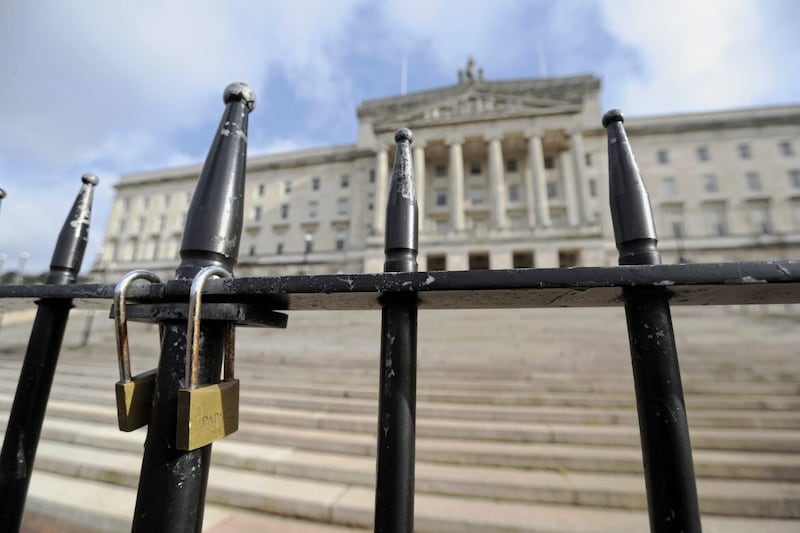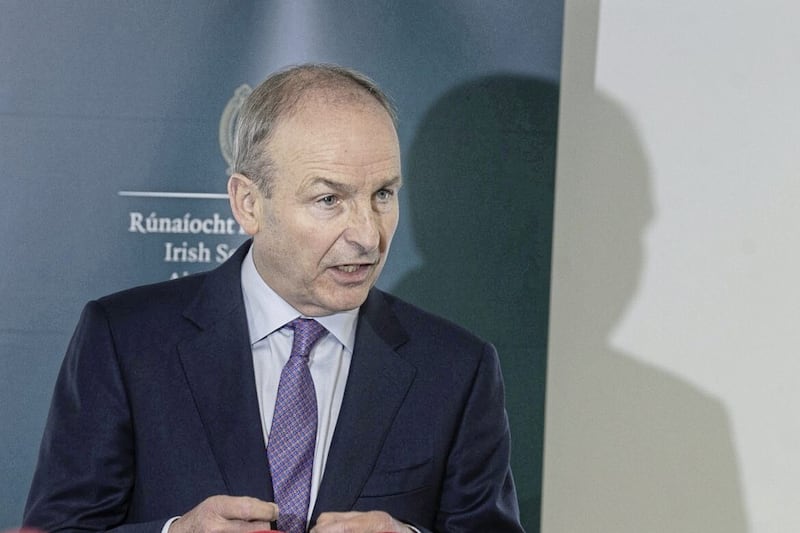AS Stormont's two biggest parties were showing sudden signs that not all hopes for a settlement may be lost, a storm was brewing over their heads.
In the manner of parents chastising their children for squabbling before having a stand-up row of their own, the two governments found themselves embroiled in a spat about joint authority.
It's worth noting at the outset that Simon Coveney didn't actually mention 'joint authority' in his comments about the role of the Irish government if devolution cannot be restored.
Albeit in a rather more direct way than his predecessor Charlie Flanagan would've chosen, the minister merely articulated nationalists' desire not to have a lopsided arrangement that gives Whitehall absolute control.
Yesterday, Department of Foreign Affairs officials declined to elaborate on the minister's remarks but they also felt they didn't have to qualify or defend what was said.
It's should also be pointed out that Mr Coveney repeated his hope that devolution would be restored and that direct rule wouldn't have to be countenanced in any form.
But the response from British government a matter of hours later was hyperbolic and, as others have highlighted, seemed to have the DUP's fingerprints all over it.
It looked as if the party had quickly cracked the whip and reminded the Tories about June's confidence and supply deal, and how this week sees a number of votes on Brexit where DUP support is required.
Perhaps we were seeing the first manoeuvrings in preparation for a failed talks process that could likely lead to the establishment of some bespoke, never-before-seen version of direct rule?
Inevitably, that would require Dublin input, otherwise a substantial proportion of the north's population would justifiably feel marginalised.
Theresa May restated her party's opposition to joint authority yesterday though at the same time she did concede that the Good Friday Agreement includes "certain responsibilities in relation to the government of the Republic of Ireland in north-south co-ordination".
Dublin input in the north dates back decades and has been reaffirmed on several occasions, including the Anglo-Irish Agreement and Good Friday Agreement, but to date joint authority hasn't been given serious consideration.
Under the current circumstances at Westminster that's unlikely to change but Mrs May and the DUP shouldn't need reminding that ignoring the feelings of the north's significant minority has the potential to backfire.






